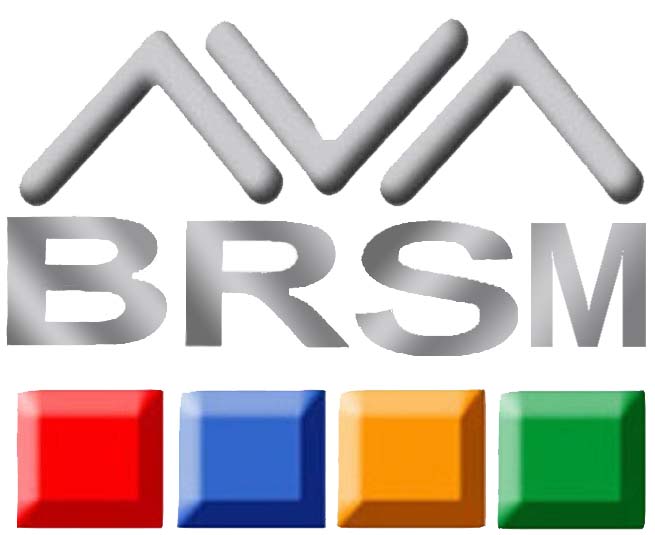In the dynamic realm of cosmetics, adhering to stringent quality and safety standards is paramount to safeguarding consumer well-being and fostering brand credibility. ISO 22716, an international standard for Good Manufacturing Practices (GMP) in the cosmetic industry, serves as a beacon of excellence, guiding organizations towards the production of safe and high-quality cosmetic products.
The Scope of ISO 22716: A Comprehensive Framework
ISO 22716 encompasses a comprehensive approach to the entire manufacturing process, encompassing the reception of raw materials, production operations, finished product handling, and shipment. Its overarching goal is to instill a culture of meticulous control and continuous improvement within cosmetic manufacturing facilities.
Key Requirements: The Foundation of a Robust GMP System
ISO 22716 outlines a set of fundamental requirements that form the bedrock of a robust GMP system. These key requirements include:
- Establishing a Documented Quality Management System (QMS): A well-defined QMS serves as the backbone of GMP compliance, providing a framework for organizing, documenting, and implementing quality procedures.
- Controlling Incoming Materials: Strict control over incoming raw materials, packaging materials, and consumables is crucial to ensure their compliance with specifications and prevent contamination.
- Managing Production Processes: Adherence to standardized operating procedures (SOPs) ensures consistent product quality and minimizes the risk of deviations or defects.
- Maintaining a Clean and Hygienic Environment: A meticulously clean and sanitized facility is essential to prevent microbial contamination and cross-contamination of products.
- Monitoring and Controlling Environmental Factors: Continuous monitoring of environmental parameters such as temperature, humidity, and light levels is essential to maintain optimal product stability and prevent deterioration.
- Training and Qualification of Personnel: Ensuring that personnel possess the necessary knowledge, skills, and qualifications to perform their roles effectively is paramount to GMP compliance.
- Documenting and Maintaining Records: Comprehensive documentation of all production processes, quality control activities, and corrective actions is essential for traceability, verification, and continuous improvement.
- Implementing a Corrective and Preventive Action (CAPA) System: A robust CAPA system enables prompt identification, investigation, and resolution of product quality issues, minimizing the risk of recurrence.
Benefits Beyond Compliance: A Catalyst for Success
ISO 22716 certification extends far beyond mere compliance; it empowers organizations to reap a multitude of benefits, including:
- Enhanced Product Safety and Quality: By adhering to stringent GMP principles, organizations can produce cosmetic products that are safe, reliable, and meet the expectations of consumers.
- Enhanced Customer Confidence: ISO 22716 certification serves as a powerful symbol of commitment to quality and safety, fostering customer trust and loyalty.
- Expanded Market Access: GMP certification is often a prerequisite for entering new markets, opening up opportunities for international expansion.
- Reduced Risk of Recalls: A robust GMP system minimizes the likelihood of product recalls, saving organizations time, money, and brand reputation.
- Improved Efficiency and Cost Savings: By streamlining processes, minimizing waste, and preventing defects, ISO 22716 can lead to operational improvements and cost savings.
A Global Standard for a Global Industry
ISO 22716’s global reach makes it an invaluable tool for organizations operating in the global cosmetics industry. The standard’s harmonization across regions facilitates cross-border trade and reduces the burden of complying with multiple regulatory requirements.
Conclusion: Embracing GMP Excellence for a Brighter Future
ISO 22716 stands as a beacon of excellence, guiding cosmetic organizations towards a future of enhanced quality, safety, and consumer trust. By embracing its principles and seeking certification, organizations can elevate their operations, expand their markets, and secure a long-lasting legacy in the cosmetics industry.
